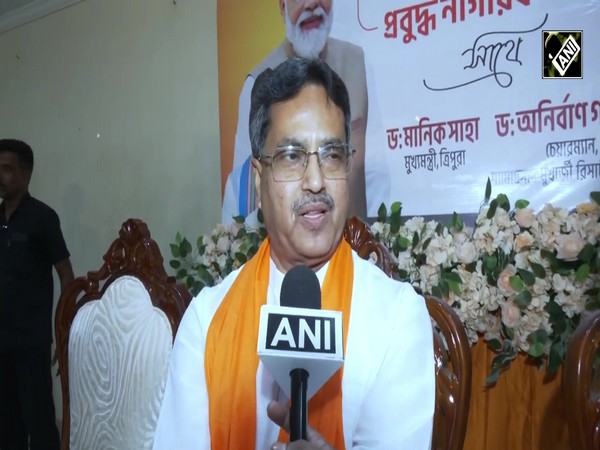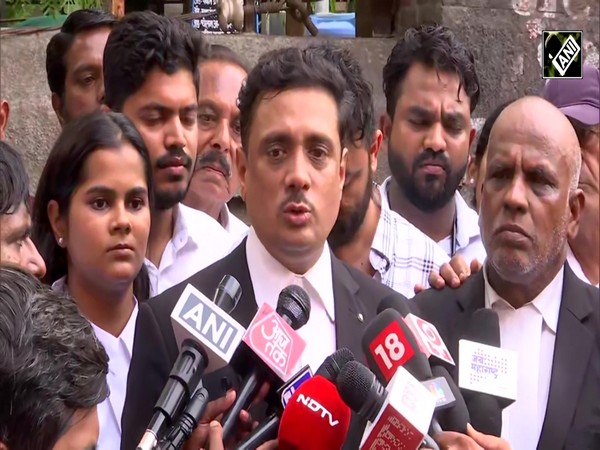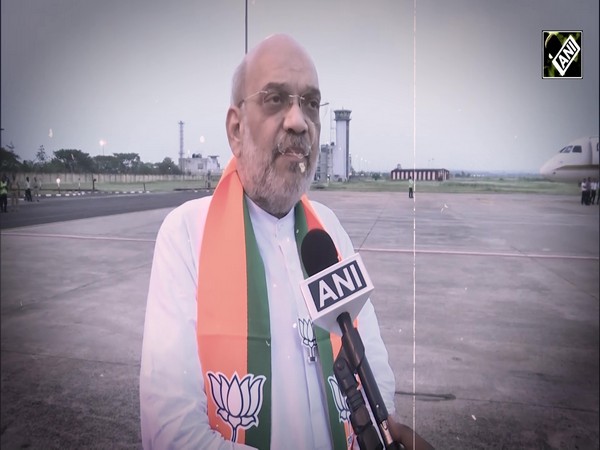Electoral Bonds not the only way to curb black money: Supreme Court
Feb 15, 2024

New Delhi [India], February 15 : The purpose of curbing black money is not a sufficient justification to anonymise the identities of donors and the details of the contributions in the Electoral Bonds scheme, the Supreme Court on Thursday while striking down the Centre's Electoral Bonds scheme.
A five-judge Constitution bench of Chief Justice of India DY Chandrachud and Justices Sanjiv Khanna, BR Gavai, JB Pardiwala and Manoj Misra noted that the "purpose of curbing black money is not traceable to any of the grounds under Article 19(2)."
The Central government had defended the scheme on the grounds that it curbed black money as it ensured that the contributions were coming through banking channels.
Adverting to the Centre's argument that the Electoral Bond scheme is the least restrictive means to curb black money in electoral funding, the court said, "...We conclude that the Electoral Bond scheme does not fulfil the least restrictive means test. The Electoral Bond scheme is not the only means for curbing black money in electoral finance. There are other alternatives which substantially fulfil the purpose and impact the right to information minimally when compared to the impact of electoral bonds on the right to information."
On the Centre's argument that information about financial contributions to political parties is not disclosed to protect the contributor's informational privacy to political affiliation, the bench said that the Constitution guarantees a right to informational privacy of political affiliation and asked if this right can be extended to the contributions to political parties.
The top court while addressing the question, said, "We are unable to see how the disclosure of information about contributors to the political party to which the contribution is made would infringe political expression. The disclosure of the particulars of the contributions may affect the freedom of individuals to the limited extent that the political party with the information could coerce those who have not contributed to them."
However, it further points out, "We have already held that the scheme only grants de jure and not de facto confidentiality vis-a-vis the political party. Under the current Scheme, it is still open to the political party to coerce persons to contribute. Thus, the argument of the Union of India that the Electoral Bond scheme protects the confidentiality of the contributor akin to the system of secret ballot is erroneous."
The apex court today while striking down the Electoral Bonds scheme which allowed for anonymous funding to political parties, ordered the State Bank of India (SBI) to stop issuing Electoral Bonds immediately.
It also held that the anonymous Electoral Bonds scheme violated the right to information of a voter guaranteed under Article 19(1)(a) of the Constitution.
An Electoral Bond is an instrument in the nature of a promissory note or bearer bond which can be purchased by any individual, company, firm or association of persons provided the person or body is a citizen of India or incorporated or established in India. The bonds are issued specifically for the purpose of contributing funds to political parties.
Various petitions are pending before the top court challenging amendments made to different statutes through Finance Act 2017 and Finance Act 2016 on the ground that they have opened doors to unlimited, unchecked funding of political parties.

















